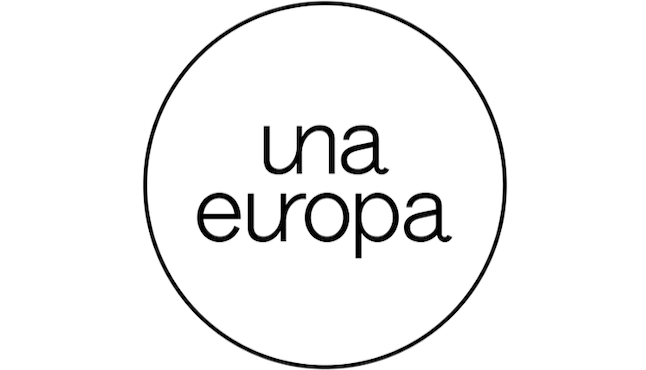Celebrating UZH’s 3rd Anniversary in Una Europa: Voices from the CommUNAty
Europe Day on May 9 is a moment to celebrate the values and partnerships that unite the continent. For the international network of the University of Zurich (UZH), this date is particularly meaningful: on this day in 2022, UZH officially became a member of the Una Europa alliance – a network of 11 strong and like-minded partners committed to European values and to shaping the university of the future. Since then, Una Europa has played a crucial role in driving internationalization at UZH and broadening our presence in the European education and research landscape.
In just three years, UZH has taken on an active and visible role within the alliance. To name a few examples: UZH joined the Joint Bachelor in European Studies and will participate in the upcoming Joint Bachelor in Sustainability. The engagement in these two joint BA programs is complemented by participation in the Joint Doctoral Program in Cultural Heritage. UZH has also taken the lead in developing the Una Eurpopa Module Exchange in Data Science and Artificial Intelligence, a format for virtual mobility that could be applied to other Una Europa Focus Areas in the future. As part of the Una.Futura project, Una Europa’s four-year initiative to develop a truly integrated European University of the Future, UZH is actively contributing to the design of innovative, cross-university learning and research opportunities. Moreover, UZH also hosted the Una Europa General Assembly in June 2024. Centered on the theme “One Earth, One Future,” the assembly welcomed more than 300 delegates to Zurich and highlighted UZH’s and Una Europa’s shared commitment to interdisciplinarity and transdisciplinarity.
UZH is proud to be a member of such a dynamic and action-oriented alliance that drives tangible collaboration and progress. Through this alliance, UZH continues to nurture a culture of openness, inclusivity, and innovation, helping to shape the future of higher education and research across borders. Putting into practice the values of the European Higher Education Area, to which Switzerland belongs, our participation in Una Europa has enabled us to build bridges through joint research, innovative teaching, and enhanced mobility for students and staff.
Hear from members of our “commUNAty” who have experienced first-hand the impact of Una Europa. Their insights, drawn from a variety of contexts and conversations, illustrate how European collaboration is enriching academic life at UZH and reinforcing our commitment to shared European ideals:
|
|
"The Una Europa university alliance is built on concrete and tangible collaboration in teaching and learning. Through the two Joint Bachelor programs, we bring together the diverse strengths of our partner universities in a unique way, enabling students to benefit from a truly European academic experience already at the level of Bachelor degrees. These Joint Degrees are of strategic importance to us as an institution, as they strengthen our integration within the European Higher Education Area and allow us to actively contribute to the development and shaping of the European Degree (label). Annika Silberstein, Una Europa Teaching and Learning Coordinator / Member of the Una Europa Teaching & Learning Cluster |
|
|
“Una Europa definitely boosts interdisciplinary cooperation between universities, both internally and externally. In my view, this is an absolute necessity given the comprehensive research mandate we receive from society. UZH invests a lot of energy in promoting cooperation between researchers and developing cross-faculty structures. The experience with Una Europa has been overwhelmingly positive. The alliance is all about lively and valuable exchange. Members communicate a great deal and benefit from one other.” Elisabeth Stark, VP Research / Member of the Una Europa Board of Directors |
|
|
“Our values align particularly well with those in other European countries. A culture of freedom of expression and an open exchange of ideas is easiest and best achieved with European partners. In this context, joint degree programs, which we have now started building up, are a logical next step, not just structurally, but also in terms of content. With sustainability and European values at their core, the two Joint BAs address central issues of our society. These challenges can only be tackled through cooperation. And this is exactly what the joint programs make possible: students gain multiple perspectives on complex problems and interdisciplinary insight from researchers across Europe while building an international network. This kind of education provides the best foundation for contributing to the solution of these societal challenges.” Gabriele Siegert, VP Education and Student Affairs / Chair of the Una Europa Teaching & Learning Strategy Group |
|
|
“The challenges we are dealing with in the world today are so complex that we can't do it alone. We really need to work together – across disciplines, but also across different universities and countries. As research managers, we do our best to facilitate academics in doing the best research possible to tackle these societal challenges. Una Europa has a really important role to play in enabling that kind of collaboration. Moreover, being in close contact with colleagues in EU countries was especially valuable during the years of Swiss non-association with Horizon Europe. We didn’t have equal access to information from Brussels, but we felt a lot of solidarity in the RCC and Una Europa that didn’t mirror what was going on at the political level. In these sometimes very depressing times, it helps to feel part of a community that transcends borders and languages.” Laura Lots, Research Coordinator / Co-Chair of the Una Europa Research Coordination Cluster |
|
|
“Students are the largest group of stakeholders in university alliances, and their active involvement is essential for the long-term success of Una Europa. The goal is for university alliances to become the ‘Universities of the Future’. For this to happen, students must continuously be included and empowered. Ladina Bischof and I act as the student voice at the University of Zurich to ensure that student perspectives are heard. Moreover, Una Europa is already creating various opportunities for student engagement. With the formation of the Local Task Force (LTF) in April 2024 at UZH, we try to make sure that this connection is strong and meaningful on our campus.” Lars Weidinger, Master student in Geographic Information Science and Systems / Una Europa Student Board Representative |
|
|
“Collaborating with colleagues from other Una Europa universities has been invaluable. It’s clear that every institution faces similar constraints, whether in terms of funding or administrative challenges. The fact that each university navigates challenging situations differently means that through our discussions in the Mobility Cluster, I’ve been able to learn a lot from their approaches and gain new perspectives on how to approach shared problems in international collaboration.” Max Lauber, Senior Project Manager / Member of the Una Europa Mobility Cluster |
|
|
"The alliance enables the institutions involved to jointly develop innovative teaching formats and to concertedly rethink university education. The Bachelor of Arts in European Studies (BAES) program allows students to immerse themselves in European studies for three years at three different universities. The great thing about the program is that its form reflects its contents. The possibility of studying at up to three universities lets participants experience Europe up-close and intimately. Students acquire knowledge specifically at universities with the corresponding focus areas, which no single university alone could provide in all of its aspects. For UZH, this is an opportunity not only to draw international attention to its strengths, such as its expertise on Europe’s relations with the rest of the world, but also to attract talented students." Peter Finke, Professor and Vice-Dean for Study Affairs at the Faculty of Arts and Social Sciences / Member of the Una Europa Self-Steering Committee member in Europe and the World |
|
|
"On a broader level Una Europa is about building bridges for me. We shouldn't focus too narrowly on our own country. It's important that we go out and build a solid teaching and research network within Europe. I think we need to stand together against the winds that come from East and West. And finally this alliance shows that we are not isolated in Switzerland, we indeed are a part of Europe, and Europe accepts us just as we accept Europe. That’s really at the heart of it. Therefore, continued collaboration within Una Europa is essential — not just politically but also practically to stay connected, share ideas, and highlight the value of European cooperation in higher education." Reinhard Furrer, Professor at the Department of Mathematical Modeling and Machine Learning / Member of the Una Europa SSC Data Science and AI |
|
|
“By integrating research and innovation, Una.Futura not only increases learning and mobility opportunities for students and young researchers but extends its impact much further. Actively participating in the Una Europa Alliance through the Una.Futura project represents a step-change in internationalising the university at all levels. It further implements a strong commitment to the European Higher Education and Research Area, which is crucial for maintaining the excellence of our university.” Valentina Manzato, Una.Futura Senior Project Lead and Una Euroap Co-Senior Local Lead |
Thurka Sinnathurai
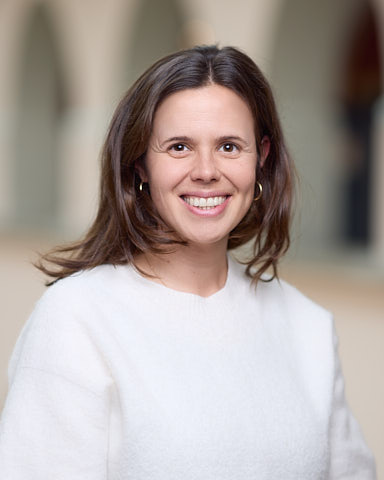.2025-05-08-23-47-20.png)
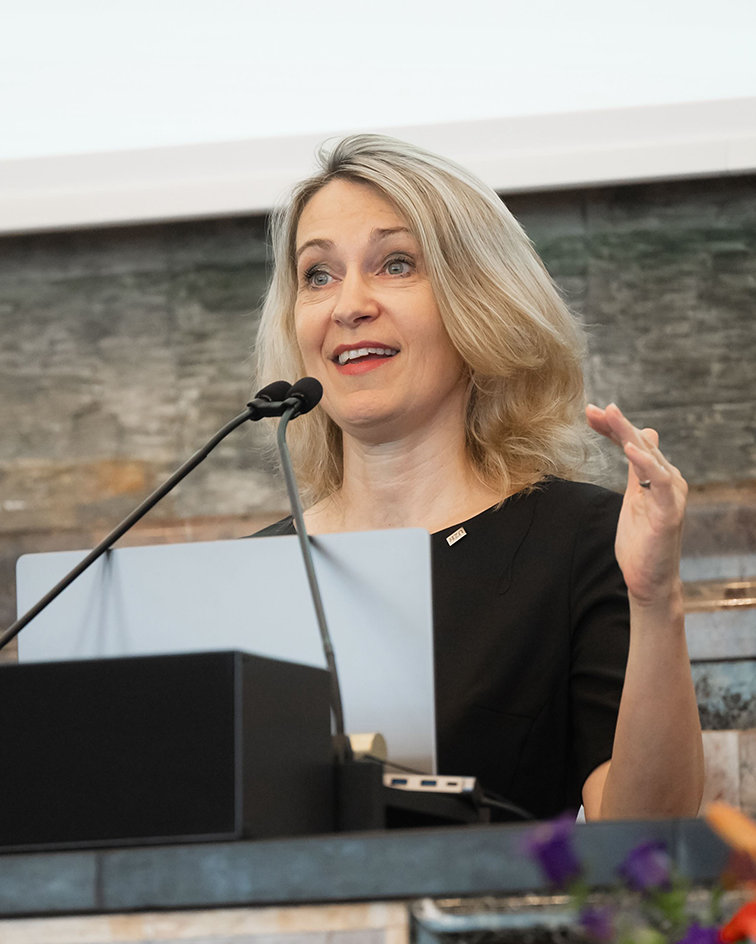
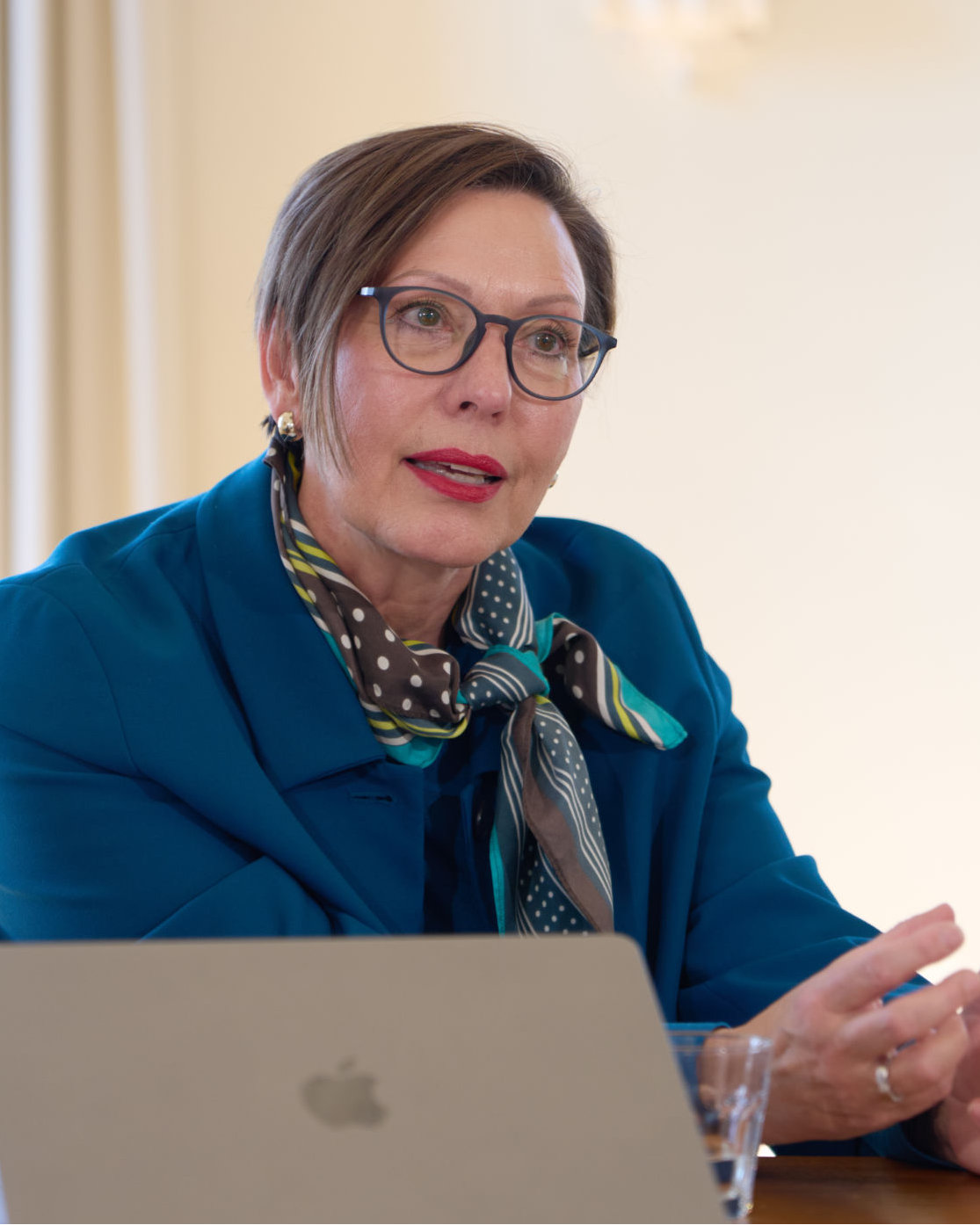
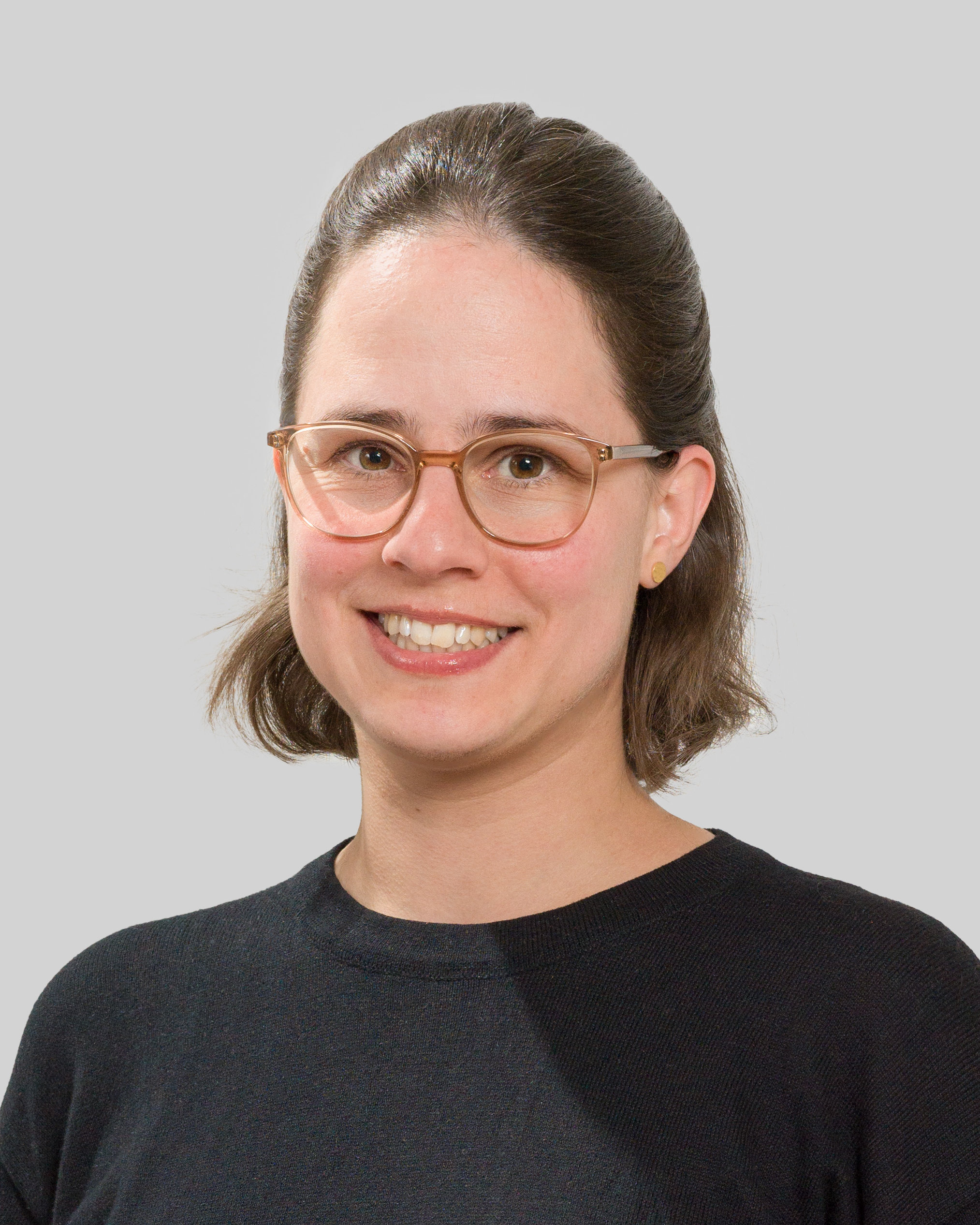
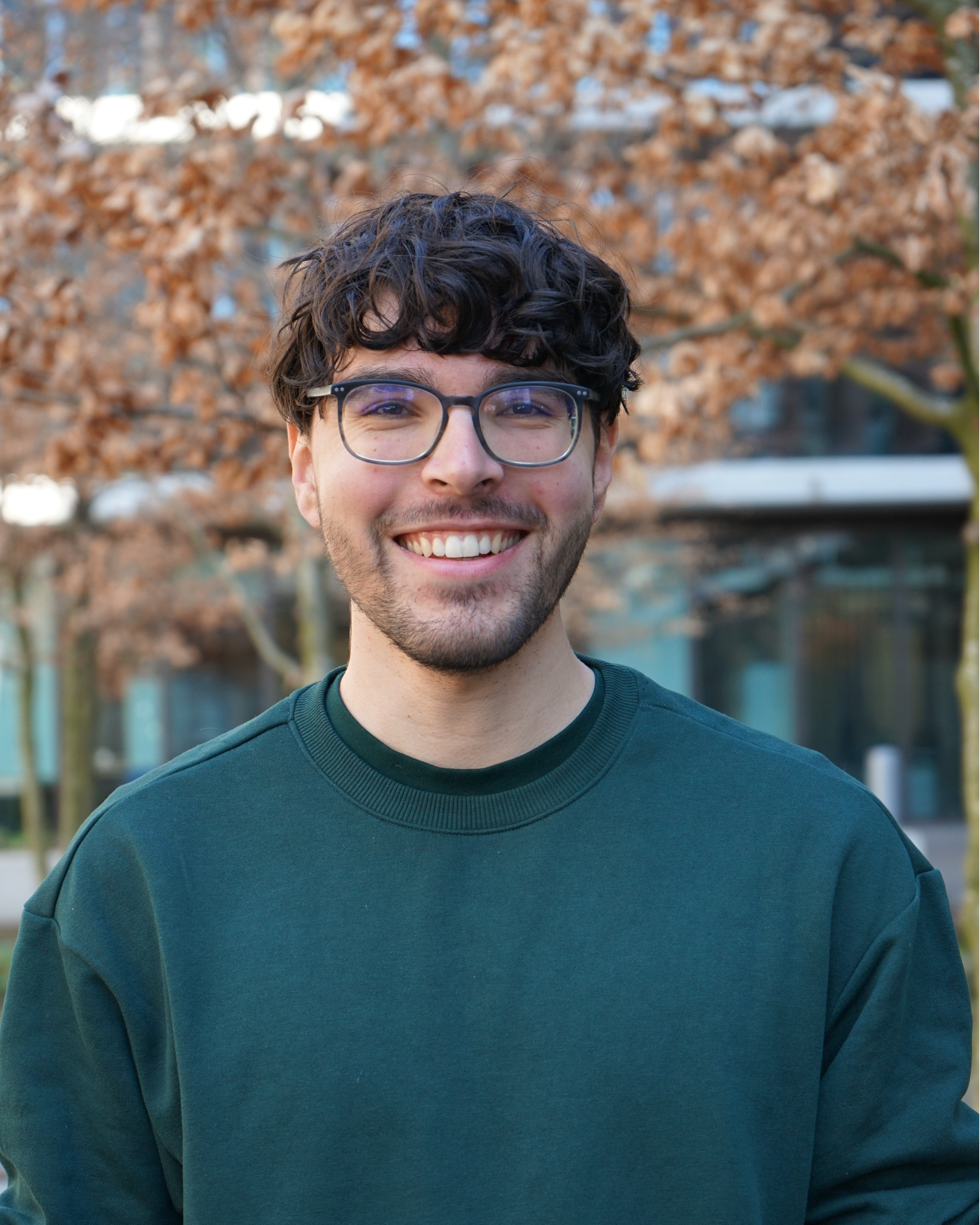
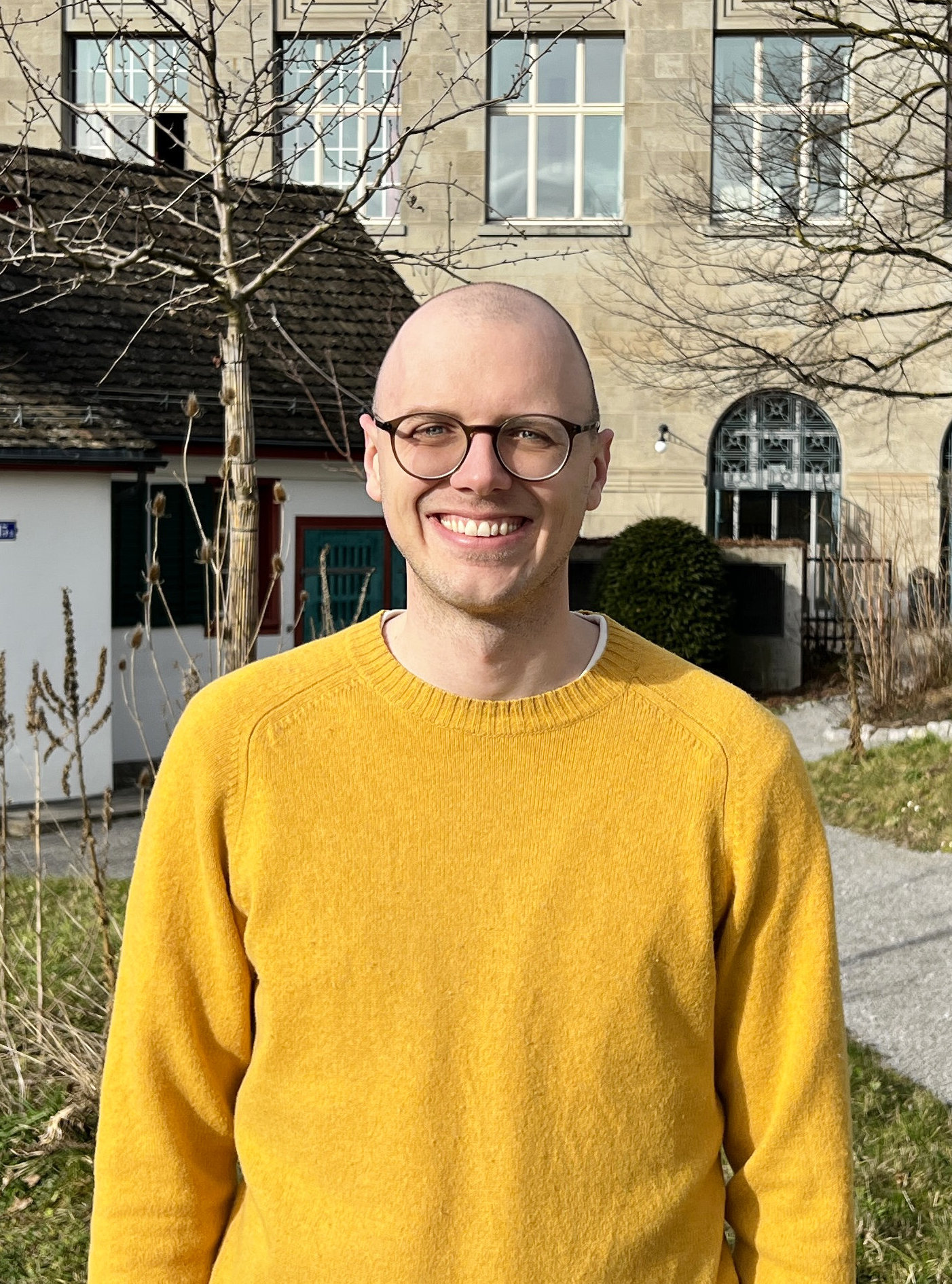
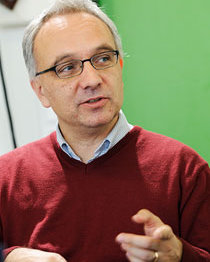

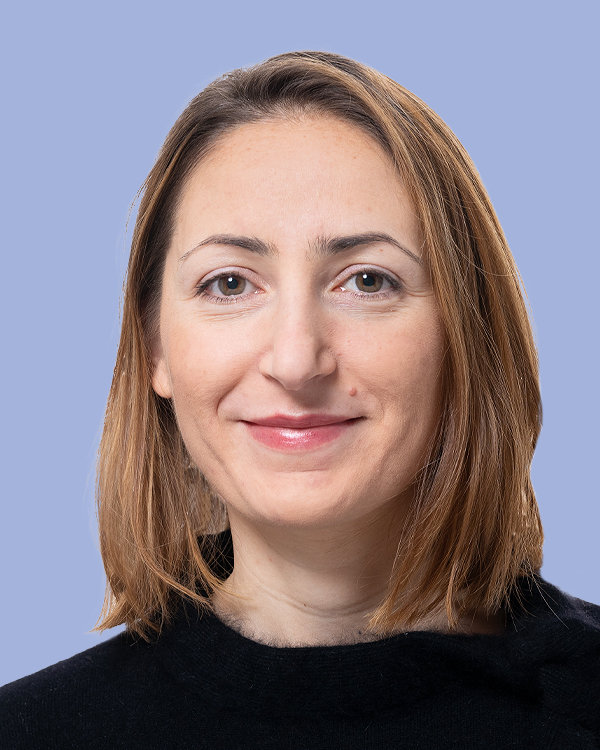.2025-05-09-00-46-33.jpg)

